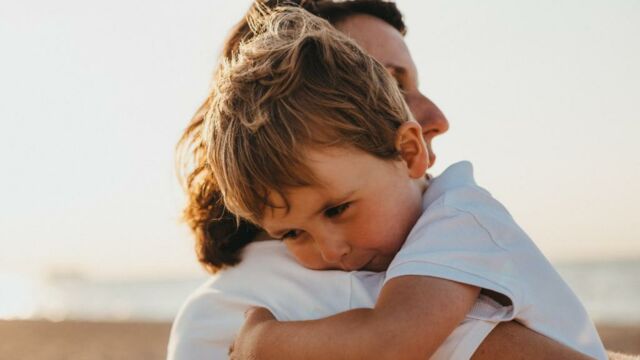It’s easy to get lost in the chaos of the coronavirus when that’s all we hear and talk about on a daily basis. However, there are other viruses that are also on the rise in the UK during the winter time and there’s one in particular that has been spreading amongst young children—Respiratory Syncytial Virus (RSV).
Discover our latest podcast
What is RSV?
According to information published by the Centers for Disease Control and Prevention (CDC), RSV is a 'common respiratory virus that usually causes mild symptoms' like a runny nose, fever, cough, sneezing, and wheezing.
While people of all ages can be infected with the virus, it is dangerous for young children. In general, almost all children will get RSV before they’re two years old and in most cases, the infection will present mild symptoms. However, there can be instances where the virus triggers more severe symptoms, like difficulty breathing, and conditions including bronchiolitis—an inflammation of the tiny airways, and pneumonia.
Rising cases in the UK
Like many other viruses, RSV also circulates in high numbers during the winter. However, the British Lung Foundation (BLF) has warned parents that the virus could spell even more trouble this year as the children have a ‘much lower immunity.’
According to Sky News, the charity has already recorded a 400% increase in incoming calls from worried parents about breathing problems their children are having. Caroline Fredericks, a respiratory nurse who works with BLF’s helpline told The Guardian:
In the last few weeks, we have noticed a surge in calls from parents who are worried about their child’s breathing.
Most of these parents have never heard of RSV which is worrying.
BLF clinical lead, Dr. Andy Whittamore, noted a few warning signs that parents should look out for. He said:
Some babies do develop severe symptoms with the RSV virus, and warning signs to look out for include if they refuse to feed, are becoming very breathless or if they are breathing in a shallow or irregular way.
To prevent the spread of RSV, the charity suggests:
- Keep children away from anyone with a cold or a cough
- Washing your hands regularly while handling a child
- Avoid smoking around children
- Disinfecting toys and surfaces
- Washing and drying utensils after eating















